FIB Unud History Study Program Held Public Lecture on Digital Heuristics
The History Study Program, Faculty of Cultural Sciences, Udayana University again held a public lecture with the topic "Improving the Quality and Quantity of Heuristics through Research on Historical Sources in the Digital Era". The event was held hybridly via zoom in the Soekarno Room, on Wednesday 06 March 2024.
The resource person was Dr. Abdul Wahid, M.Hum, M.Phil., historian and head of the History Department, Faculty of Cultural Sciences, Universitas Gadjah Mada . The moderator for the event was I Kadek Surya Jayadi, S.S., M.A., who is a lecturer in the History Study Program, Faculty of Humanities, Universitas Udayana.
The event began with remarks from the Coordinator of Universitas Udayana History Study Program, Anak Agung Inten Asmariati, S.S., M.Si. In her speech, she expressed her deepest gratitude to the speakers who were willing to share their knowledge about digital heuristics. It is hoped that this material will inspire the academic community of the Unud History Study Program, to produce higher quality historical studies. Also present at the event was the vice dean II FIB Unud who also opened the public lecture. In her speech, Prof.Dr. Ni Ketut Ratna Erawati, M.Hum., also appreciated the public lecture activities held by the Udayana University History Study Program. Deputy Dean II also reminded us of the wealth of historical sources in Bali which have great potential to be studied and developed.
There were many interesting points conveyed by the speakers. One of them is that digital heuristics make it easier for us to access historical sources. "The democratization of historical sources in this digital era must be utilized as optimally as possible." However, Wahid reminded that tactics were needed to be able to access and find what was needed. Apart from that, Abdul Wahid also advised that heuristics is only one stage of many other stages in writing history. According to him, digital heuristics will be useless if they are not balanced with basic skills and persistence in reading historical studies.
Participants who attended the public lecture were also given training to directly access digital historical sources. The participants seemed enthusiastic about taking part in the training, accompanied by a number of lecturers from the Udayana University History Study Program. (sj)
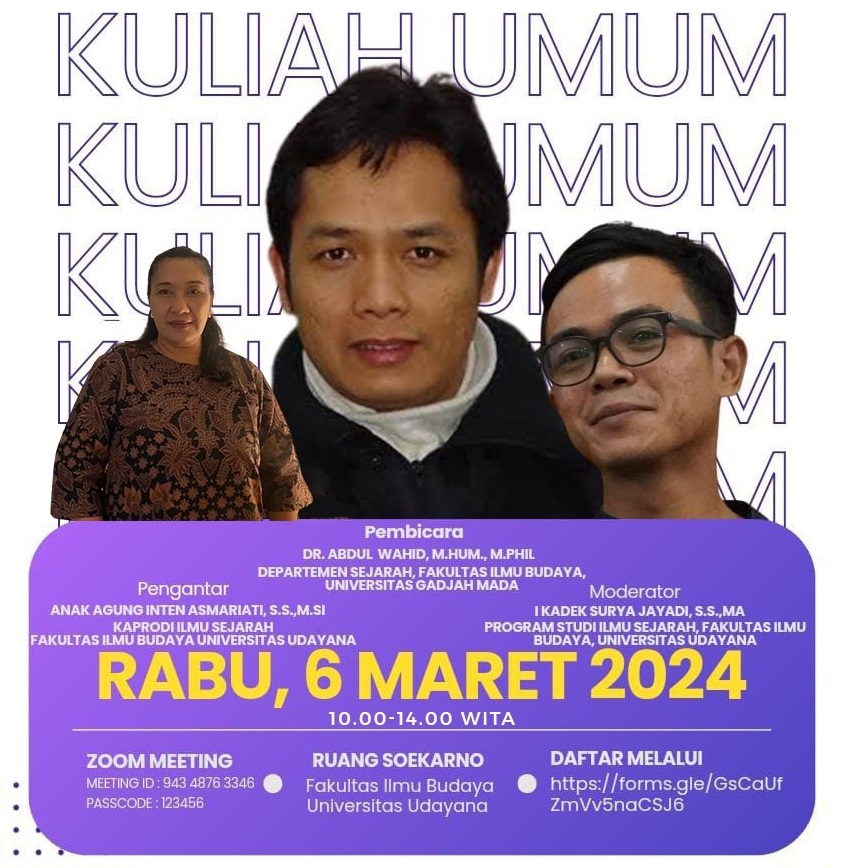
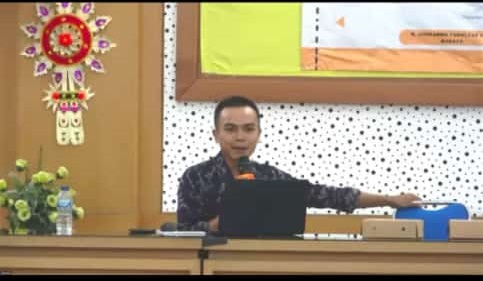
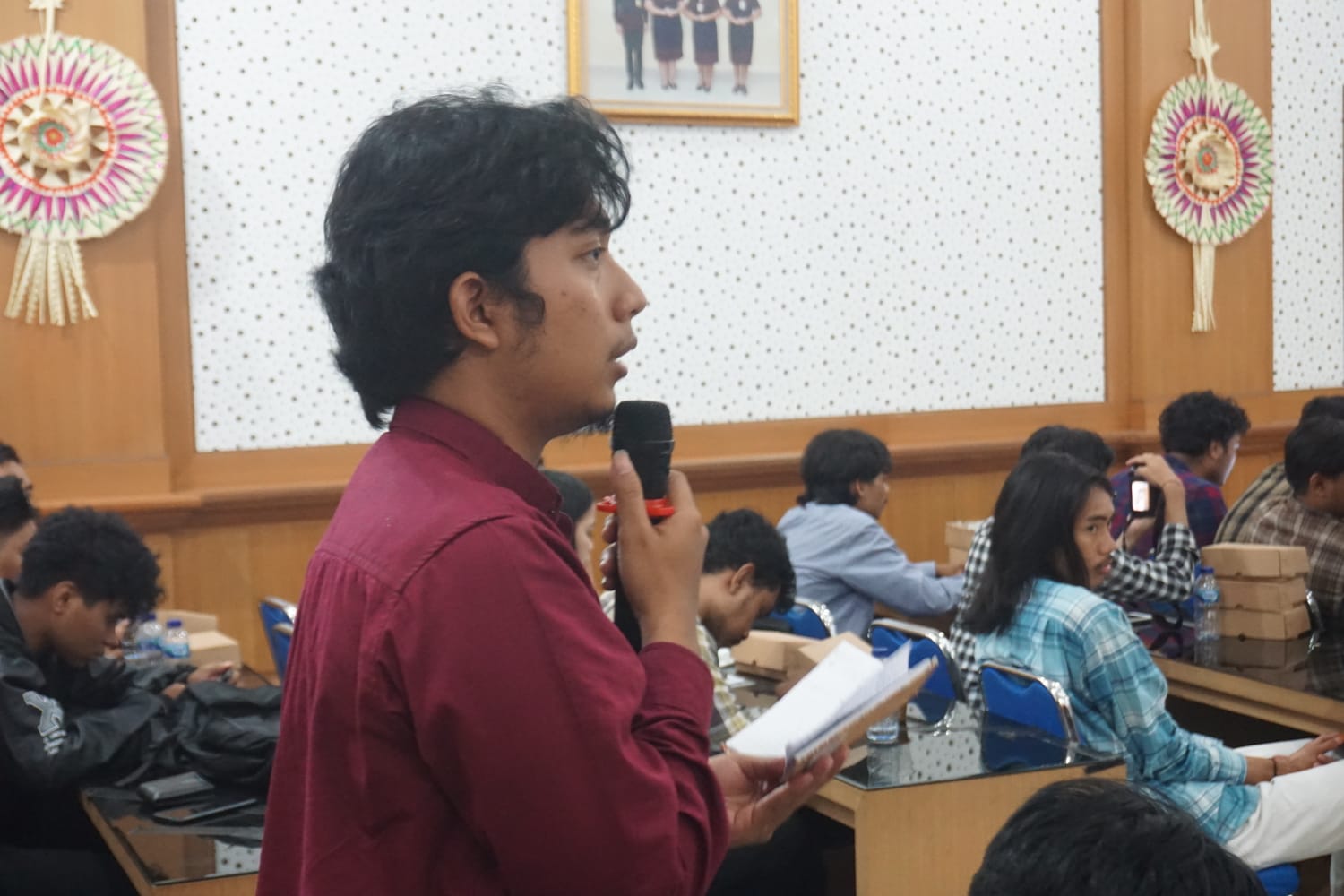
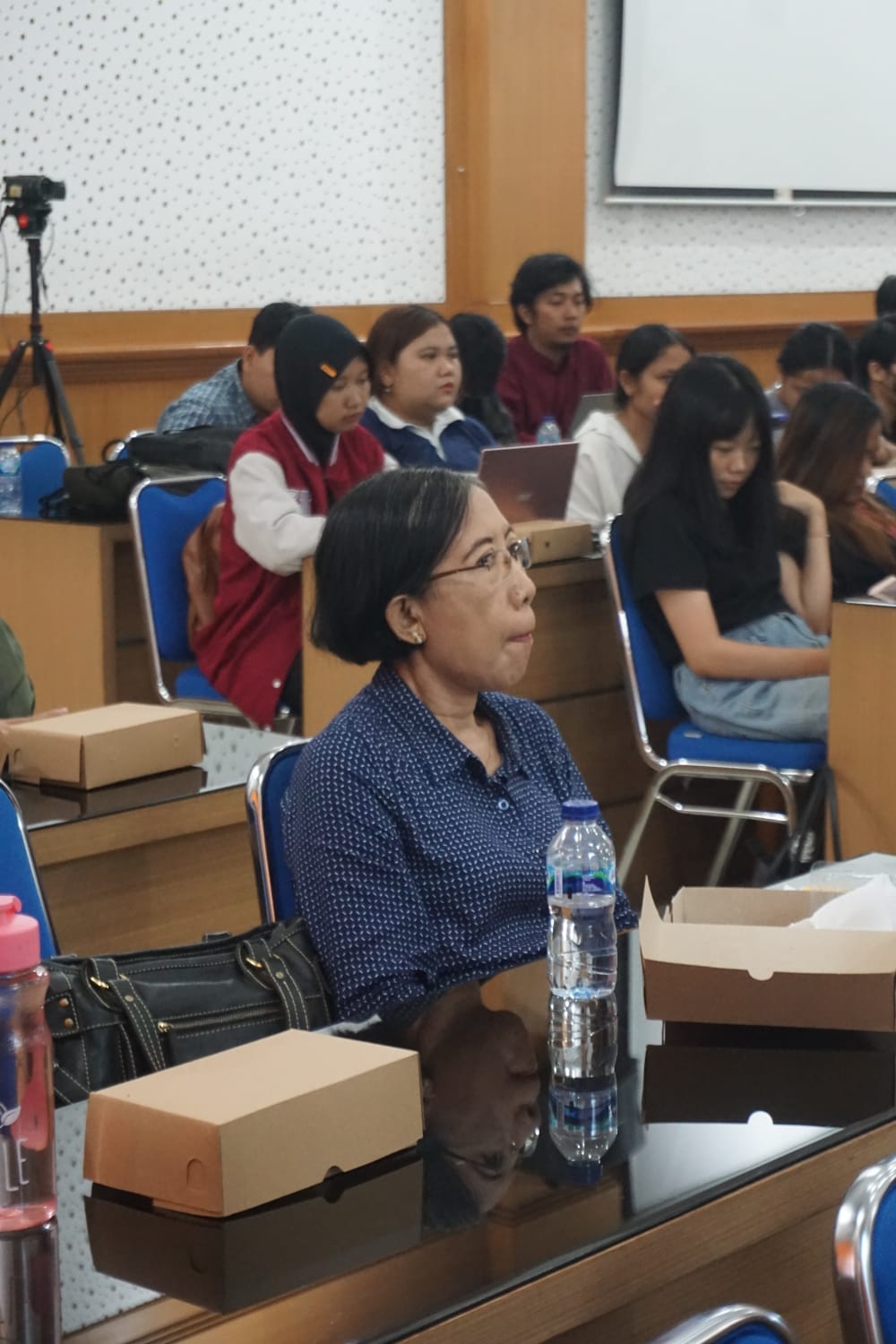
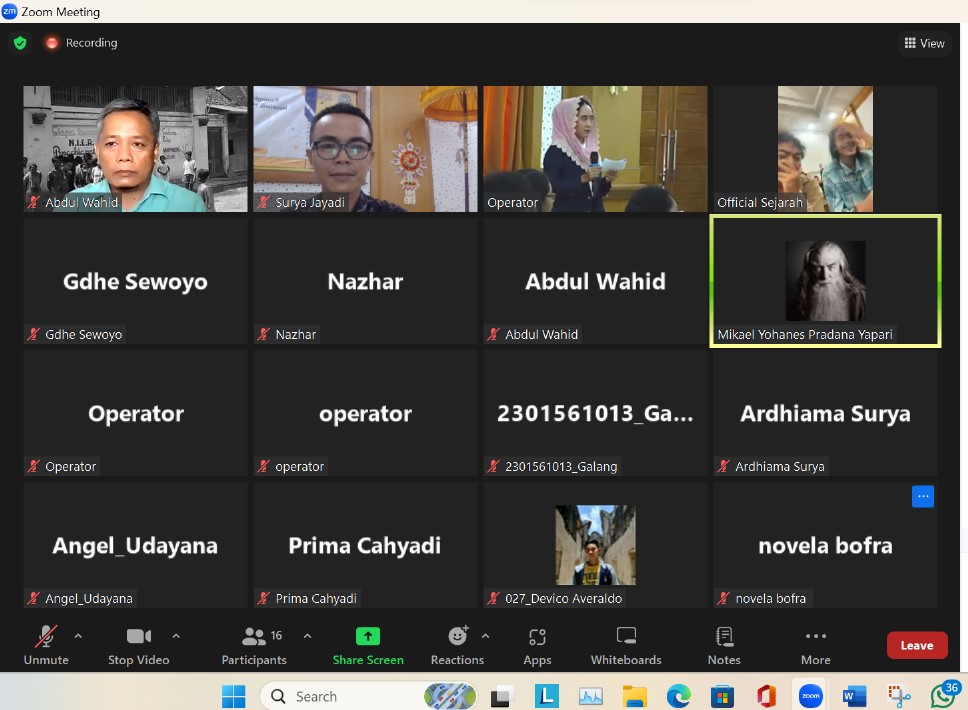
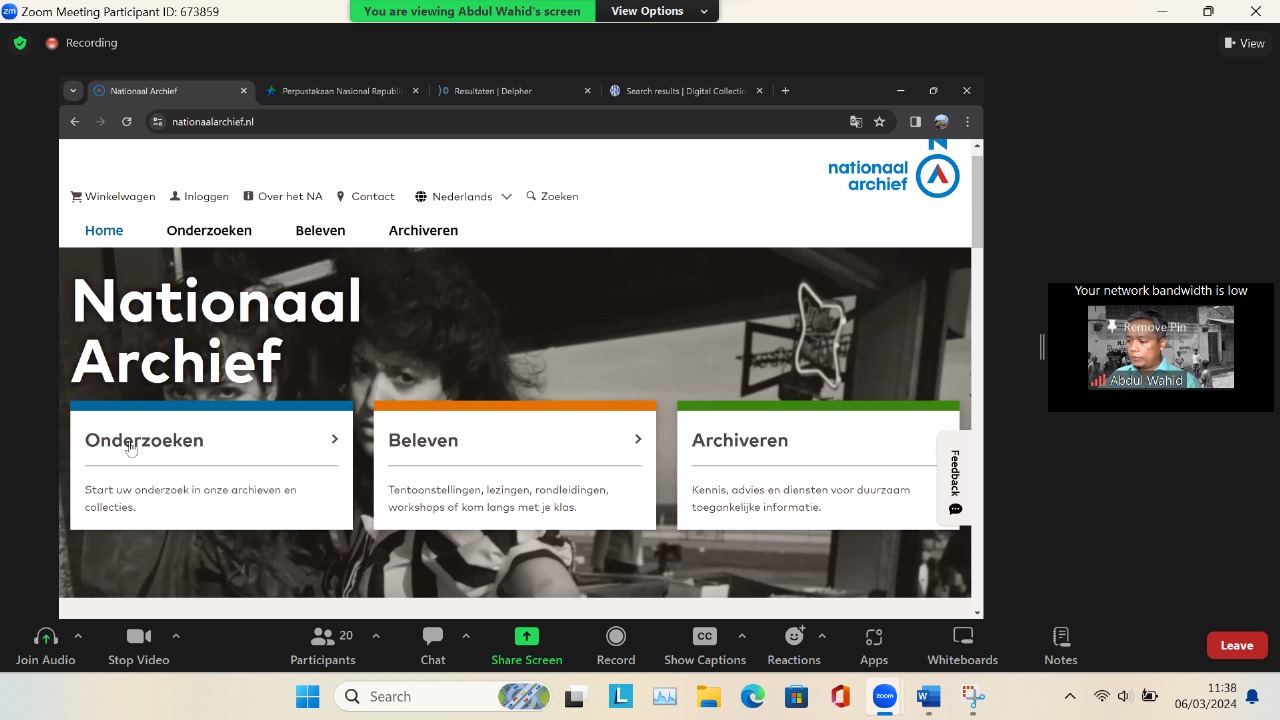
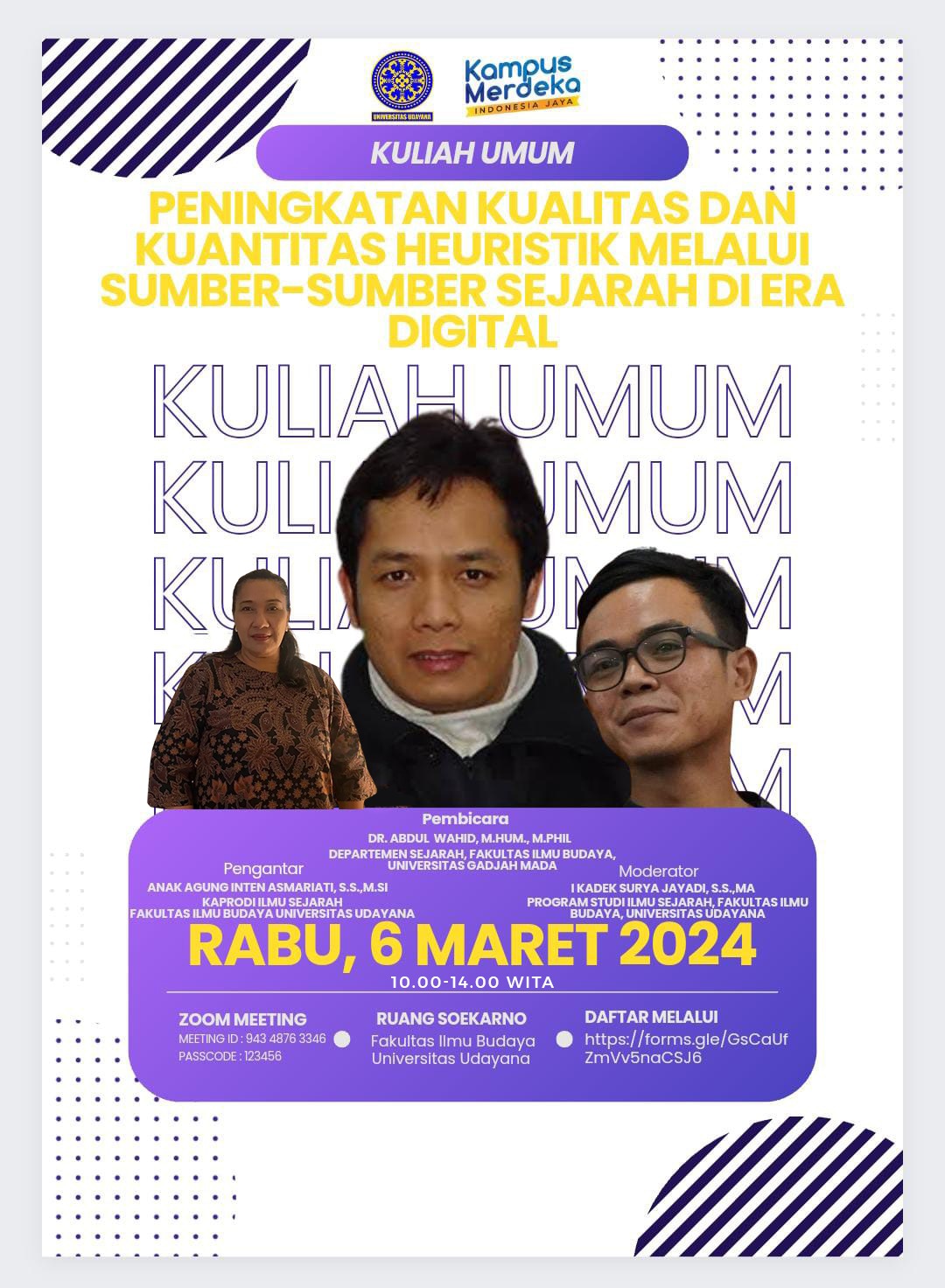
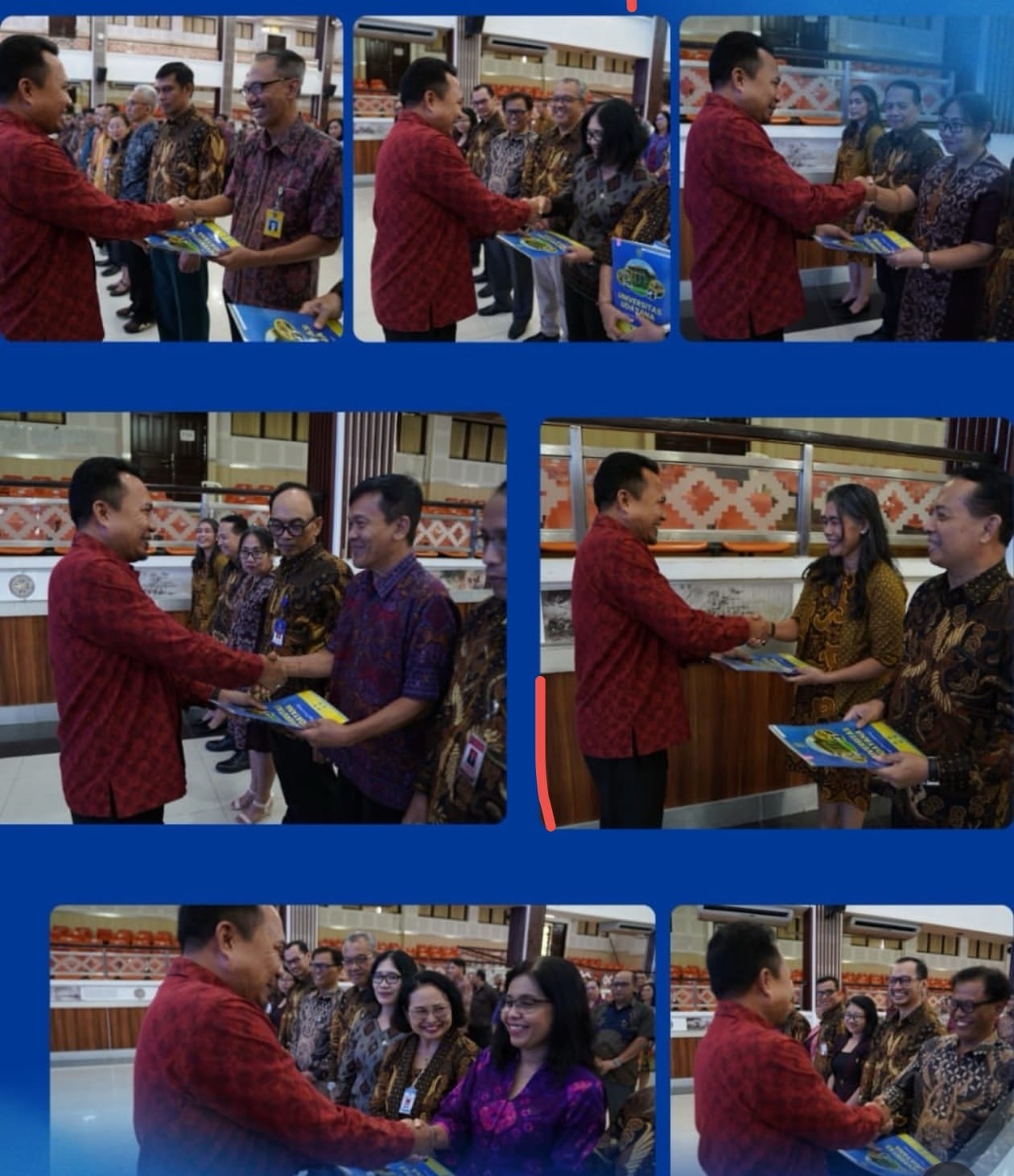
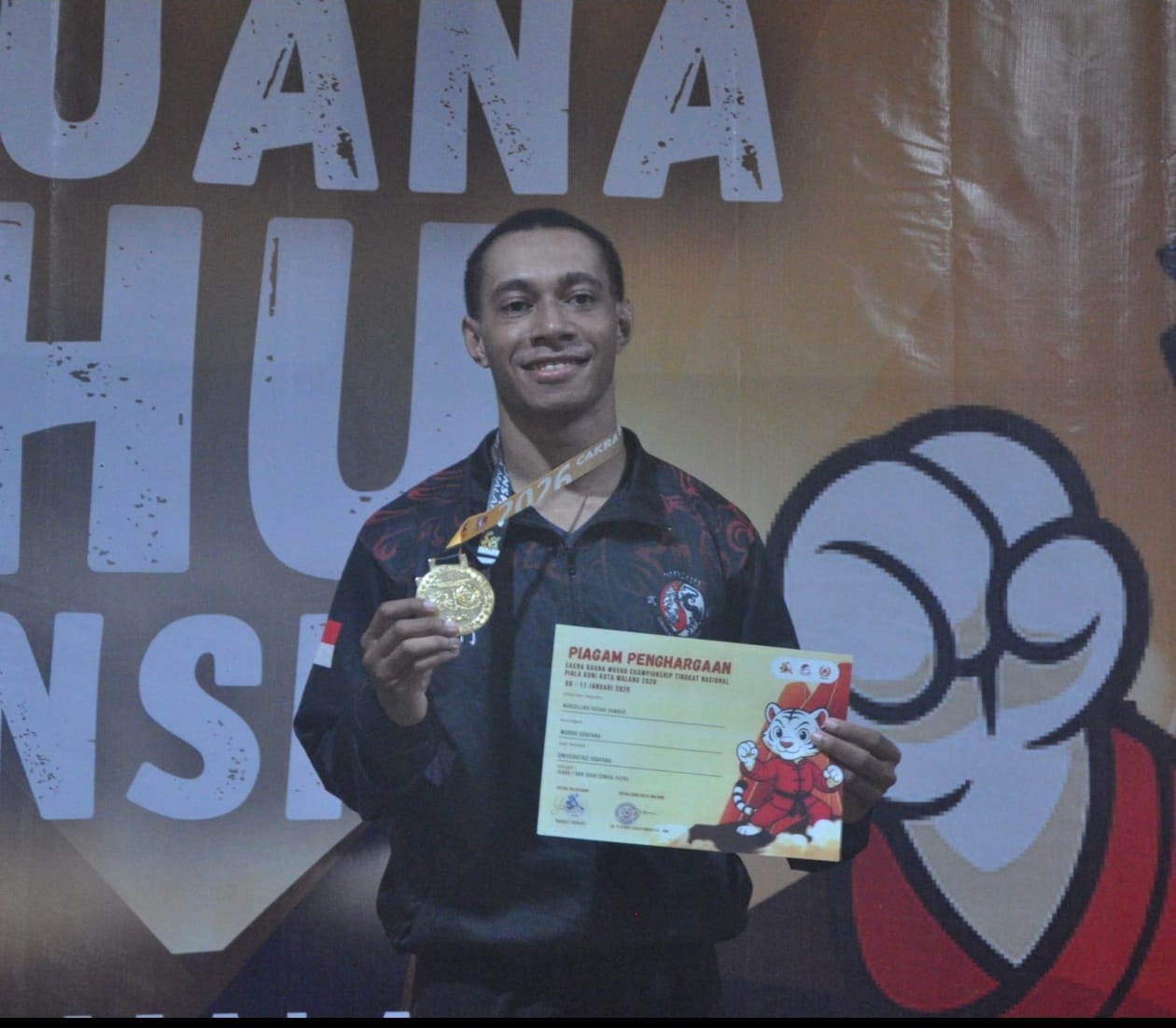
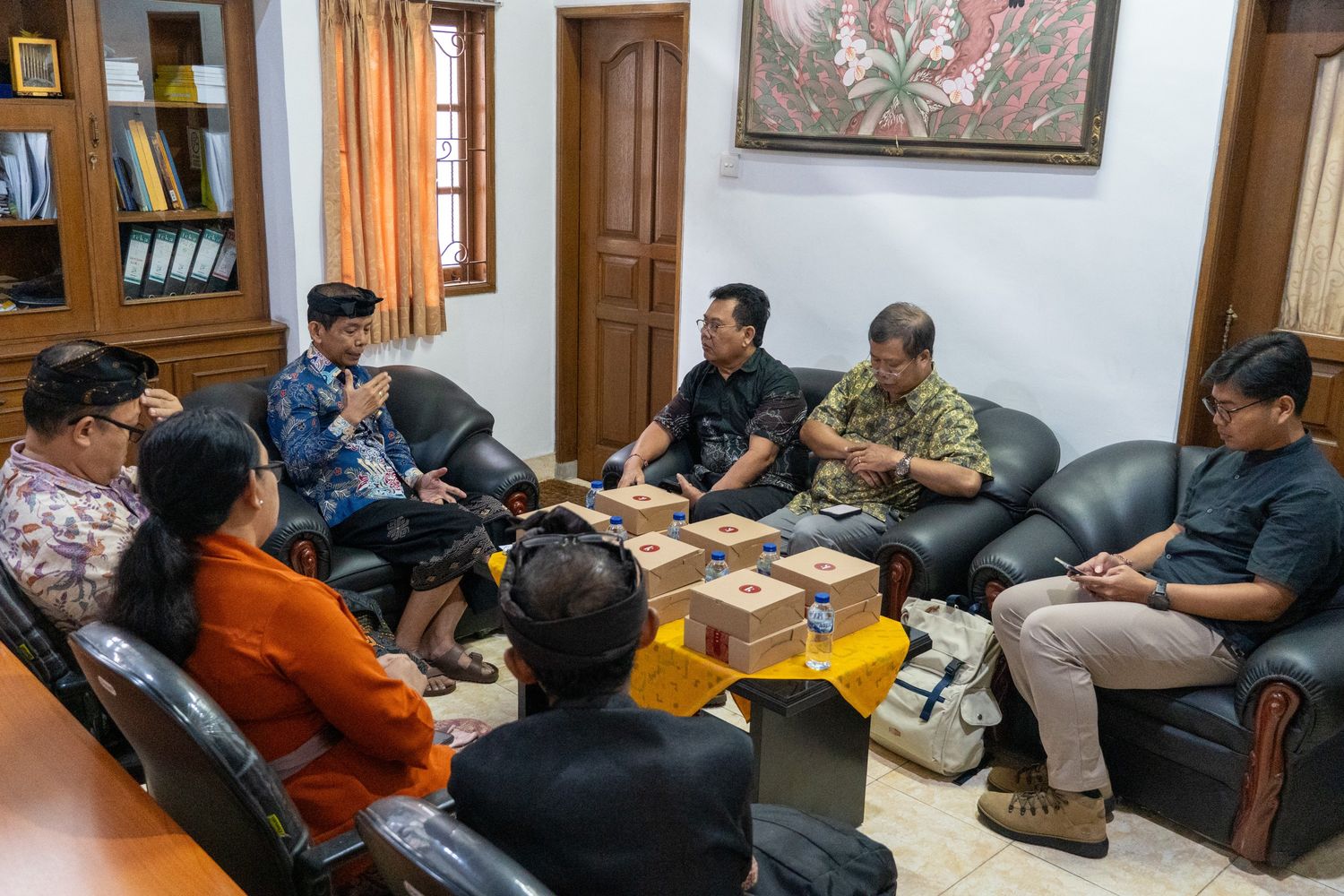
UDAYANA UNIVERSITY